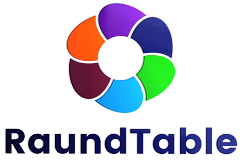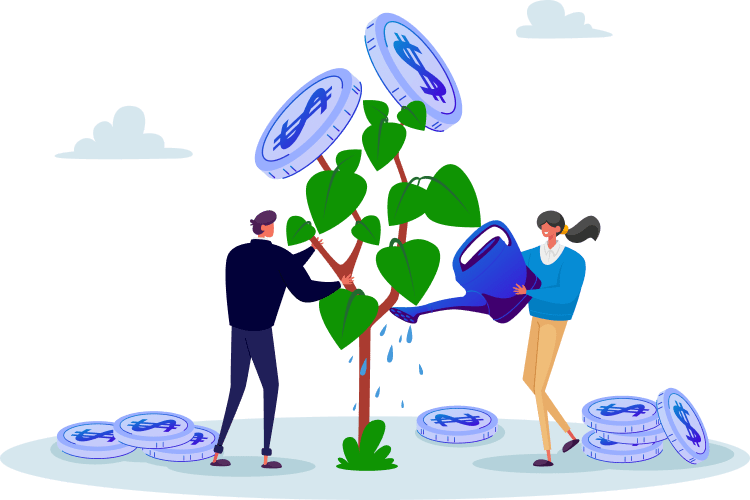Rotating Savings and Credit Associations (ROSCAs) or in short rotating savings groups or money pools have been an integral part of financial systems around the world, known by diverse names in different cultures. These informal financial arrangements offer a unique way for communities to pool resources and support one another financially. Let’s journey through the various ROSCA names from different countries, and understand their significance and role in global finance.
We’ll explore some of the names that rotating saving groups are known by globally.
Susu: The Caribbean Connection
Susu or Esusu or Sou-Sou is a term that echoes throughout the Caribbean, particularly in countries like Jamaica, Trinidad and Tobago, and Haiti. The name is also quite popular in parts of West Africa in countries such as Nigeria and Ghana. Derived from the French word “sous” meaning “money,” Sou-Sous embody the spirit of collective savings and lending in a region where traditional banking might not be accessible to everyone. In Sou-Sous, individuals contribute regularly, and each member receives the pooled sum on a rotational basis.
Tontine: Legacy of West Africa
The term Tontine finds its roots in West Africa and has spread to various parts of the world, including Europe and the Caribbean. Originating from Italian bankers in the 17th century, Tontines have adapted and evolved across cultures. In West Africa, they hold cultural significance, allowing communities to contribute, lend, and borrow while fostering social ties.
Chit Fund: A Financial Fixture in India
In India, Chit Funds have become a familiar means of collective financial assistance. These funds enable individuals to pool resources for various purposes, including personal needs and investments. Chit Funds adhere to regulations and have even been institutionalized to offer legal and transparent services.
Committee: Pakistan and Beyond
In Pakistan and other parts of the world, ROSCAs are often referred to as Committees. These Committees serve as informal savings and lending groups, bringing together individuals who trust each other and want to pool their resources for mutual benefit.
Hagbad: Somali Solidarity
Among Somali communities, the term Hagbad signifies a form of ROSCA that plays a vital role in providing financial support within these close-knit groups.
Arisan: Indonesia’s Collective Finance
Arisan is the name given to ROSCAs in Indonesia, demonstrating the widespread use of this financial arrangement across cultures and regions.
Chama: Building Bridges in Africa
In various parts of Africa, particularly East Africa, Chamas bring together individuals to contribute, lend, and borrow money collectively. These groups foster financial inclusion and community support.
Managing ROSCAs in the Digital Age: RaundTable
As technology advances, managing ROSCAs has taken a modern twist. Mobile apps and online platforms have streamlined the process, offering convenience and transparency. One such platform is RaundTable (www.raundtable.com.au), an innovative solution designed to facilitate ROSCAs and Accumulating Savings and Credit Associations (ASCAs). This digital tool empowers users to organize, manage, and participate in these financial arrangements seamlessly.
In Conclusion
From the Caribbean to Africa, Asia to the Middle East, and beyond, ROSCAs have proven their resilience and relevance. These various names for ROSCAs reflect the diversity of global financial systems, as well as the common human desire for mutual support and financial cooperation.


